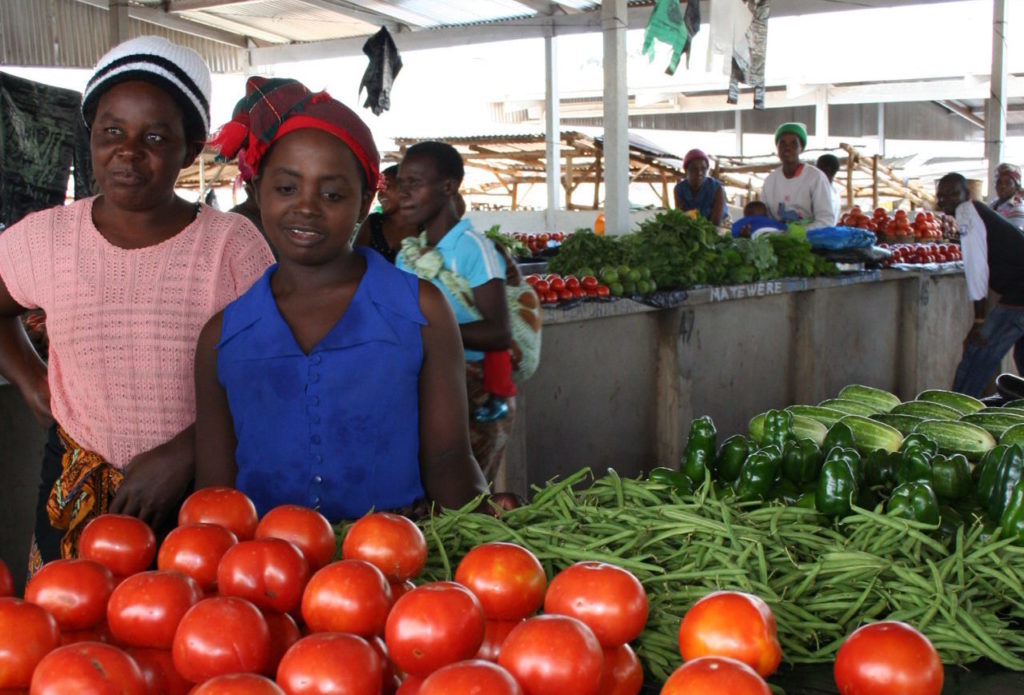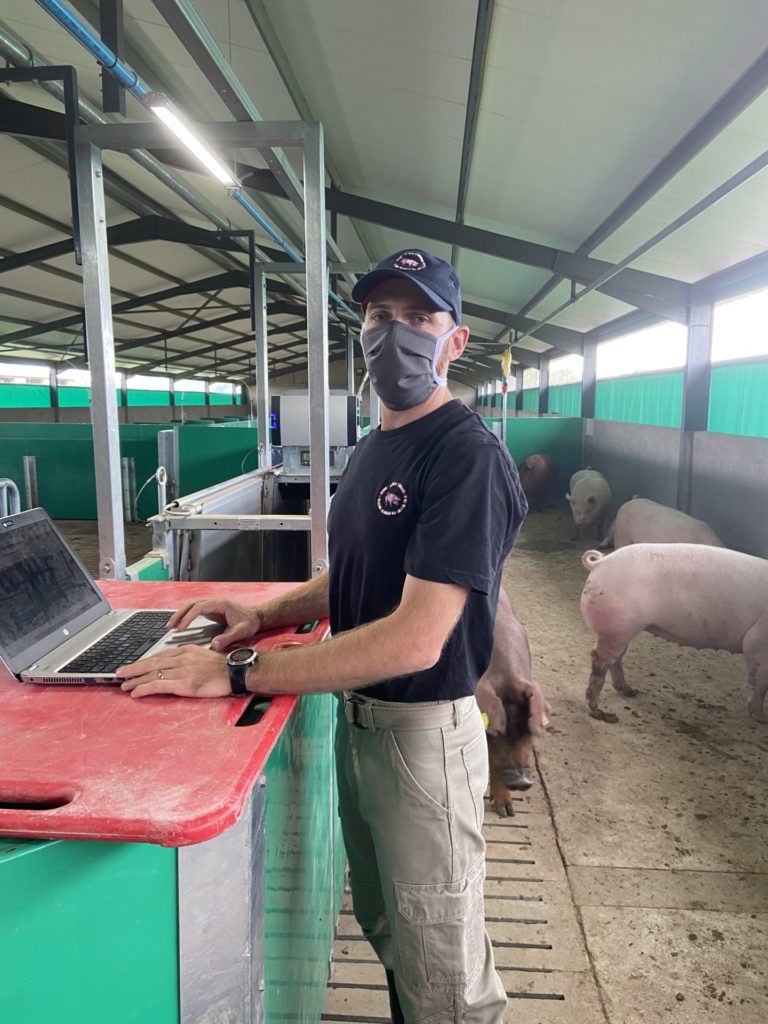By Lindi Botha
Vegetable farmer, Solly Letsoalo, cannot wait for the national lockdown necessitated by the coronavirus (Covid-19) pandemic to be lifted. It has brought down his business.
Letsoalo (47) grows tomatoes, butternuts, green beans and baby marrows which he sells to informal market traders who collect from his farm and sell on road sides. “With lockdown keeping people at home, there is no one buying the produce and even at the fresh produce market prices have fallen so low it is not worth sending the produce there,” bemoaned Letsoalo, who has 4ha of baby marrow, most of which he will lose to pests. He cannot apply pesticides after his tractor broke down and parts became unavailable during the lockdown.
Letsoalo is lucky for now. Unlike his neighbours, he has not had to throw away any vegetables as he is still to harvest part of his crop on the field. But he faces ruin. He is expecting to earn R100 000 from his vegetable business this year, a 70% percent decrease from what he makes in a normal farming year. This is barely enough to pay his bills.

As agricultural activities continue during the pandemic, those not in touch with the sector would be forgiven for thinking that farmers have not been affected by the lockdown which was implemented across South Africa on 27 March. At level 5 at the beginning, the lockdown meant that all non-essential businesses had to cease operations, while the population was forced to stay at home. COVID-19 came to South Africa at a time when the agricultural sector was recovering from a persistent drought and disease outbreaks such as Foot and Mouth Disease (FMD) which have had a huge negative impact.
In addressing this pandemic, the Department of Agriculture, Land Reform and Rural Development (DALRRD) established a Task Team, comprising industry role-players and State-Owned Entities. The Task Team meets regularly to discuss ways of forging ahead and addressing challenges encountered by role-players in the food value chain. Among other things, the Task Team monitors food supply via an End-to-End Agricultural value chain Tracker, which has a 24 to 48-hour reporting cycle.
As the hospitality industry and informal trading has come to a halt, much of South Africa’s fresh produce has lost its market, affecting the income of farmers and, subsequently, their workers and rural communities. In an attempt to minimise the negative impact, the Department of Agriculture, Land Reform and Rural Development announced a R1.2 billion COVID-19 Support Fund for distressed farmers.
The fund is providing financial aid to farmers with a turnover between R20 000 and R1 million per annum. Of the 55,155 farmers that applied for financial assistance, only 15,086 qualified. But even with the maximum pay out of R50,000 per applicant, many small scale farmers still cannot afford to stay in business. Letsoalo, who employs 20 people, has applied for financial assistance under the fund. He does not know if his application will be approved and how much he will get. “But even if I receive the full R50,000, it will not even cover my wage bill of R56,000 per month, let alone all the other on-going farm costs,” says Letsoalo.

Another farmer, C P Kriek, owner of Taaibosch Piggery in the North West province, is also facing a crisis. His business is too small to sustain itself on the decreased prices as a result of the market crash and the increased cost of complying with health and safety regulations to keep his farm COVID-19 free. Simultaneously, the farm’s 2,200 sow unit falls within the country’s 40,122 commercial farmers who are considered too large to be eligible for the COVID-19 agriculture disaster support fund. Faced with market prices below the cost of production, Kriek is concerned. He will not remain in business for long. He is currently funding the operation from his savings and may have to let most of his employees go in a few months.
Taaibosch Piggery is an intensive livestock operation dependent on close working relations. “Two thirds of my workforce had to be placed on paid leave,” says Kriek. “While I could afford to pay the salaries initially, I cannot keep doing so as my income has drastically reduced. Now they have to depend on the Unemployment Insurance Fund (UIF) payments.
But it is not all gloomy. “The country is expecting a bumper maize crop, so prices and availability will be favourable,” says Christo Joubert, manager of agri-food chains at the National Agricultural Marketing Council (NAMC), a member of the national COVID-19 Task Team, established by DALRRD. NAMC is coordinator of GCRF-AFRICAP in South Africa.
The GCRF-AFRICAP is a major Programme to make agriculture and food production in Sub-Saharan Africa (SSA) more productive, sustainable and resilient to climate change. The programme is working with civil society organisations, research institutions and policy makers in Malawi, South Africa, Tanzania and Zambia.
The four-year programme is focused on generating evidence-based policy to transform agriculture and food systems in Africa. During the lockdown, the South African government and the private sector have handed out food parcels to impoverished communities, while commercial farmers and agribusinesses have donated produce and funds to help distribute the food. The government has also committed to pay social relief distress grants of R350 per person to those without any form of income. Kriek adds that instead of solving the problem short-term with a cash injection, government should give tax incentives for business to keep people in jobs.
“In the current environment, exports would have made a huge difference to the pork industry. South African consumption rates are low compared to those globally and since we have a good animal health status, it would be ideal to export.”
